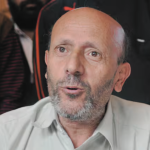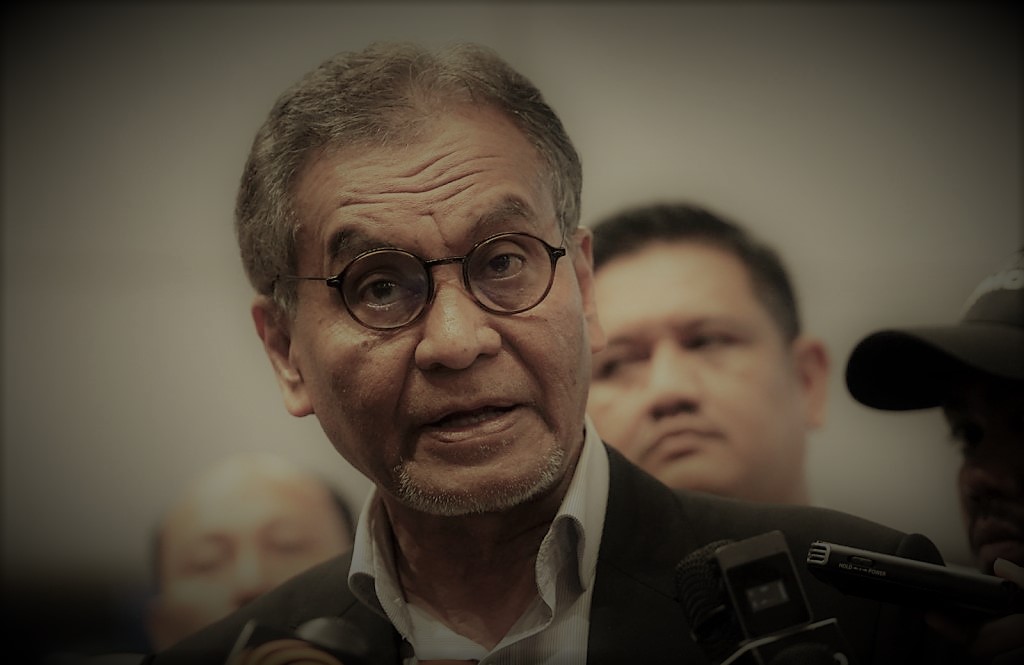New Delhi, June 04, 2024: Prime Minister Narendra Modi has declared victory for his alliance in India’s general election, claiming a mandate to advance his agenda. However, a significant drop in support for his party has compelled him to rely on coalition partners to maintain power.
In a triumphant address at the Bharatiya Janata Party (BJP) headquarters on Tuesday, Modi proclaimed, “Today’s victory is the triumph of the world’s largest democracy.” He emphasized that Indian voters had “shown immense faith” in both his party and the National Democratic Alliance (NDA) coalition. Official results from the Election Commission on Wednesday confirmed that the NDA won 294 seats, comfortably surpassing the 272 seats required for a majority but falling short of pre-election expectations.
A Stunning Setback for BJP
This election marks the first time since Modi’s Hindu nationalist BJP swept to power in 2014 that it has not secured a majority on its own, winning only 240 seats—significantly fewer than the record 303 seats it captured in the 2019 election. The results indicate a significant setback for Modi, who had confidently predicted a landslide victory, claiming his party would win 370 seats and his allies another 30 seats during the campaign.
Modi now finds himself dependent on the support of key coalition partners, including the Telugu Desam Party (TDP) in Andhra Pradesh with 16 seats, Janata Dal (United) in Bihar with 12 seats, and several smaller groups. This reliance on coalition partners represents a striking shift for the 73-year-old leader, who had previously enjoyed a commanding majority.
Economic Concerns and Voter Message
The Times of India captured the sentiment of the electorate in an editorial stating, “Indian voters can’t be taken for granted. Voters have clearly indicated that jobs and economic aspirations matter. The economic message from the results is that jobs matter.” This reflects a broader discontent with Modi’s mixed economic record and polarizing politics, which opponents capitalized on during the election campaign.
Congress and Regional Parties Gain Ground
The opposition Congress party made significant gains, winning 99 seats—almost doubling its tally from 52 seats in the 2019 elections. Among Congress’s key allies, the Samajwadi Party achieved a major upset in Uttar Pradesh by securing 37 seats, the All India Trinamool Congress won 29 seats in West Bengal, and the Dravida Munnetra Kazhagam captured 22 seats in Tamil Nadu. These victories underscore a resurgent opposition that managed to challenge the BJP’s dominance in several key regions.
Looking Ahead
Despite the setback, Modi remains optimistic about continuing his agenda with the support of his coalition. His ability to navigate the complexities of coalition politics will be critical in the coming term. The election results have sent a clear message: Indian voters are prioritizing economic performance and job creation, and leaders who fail to address these issues may face significant challenges.
As Modi’s NDA gears up to form the next government, the dynamics of Indian politics are set for an interesting phase where coalition negotiations and regional alliances will play a crucial role in shaping the country’s future.








